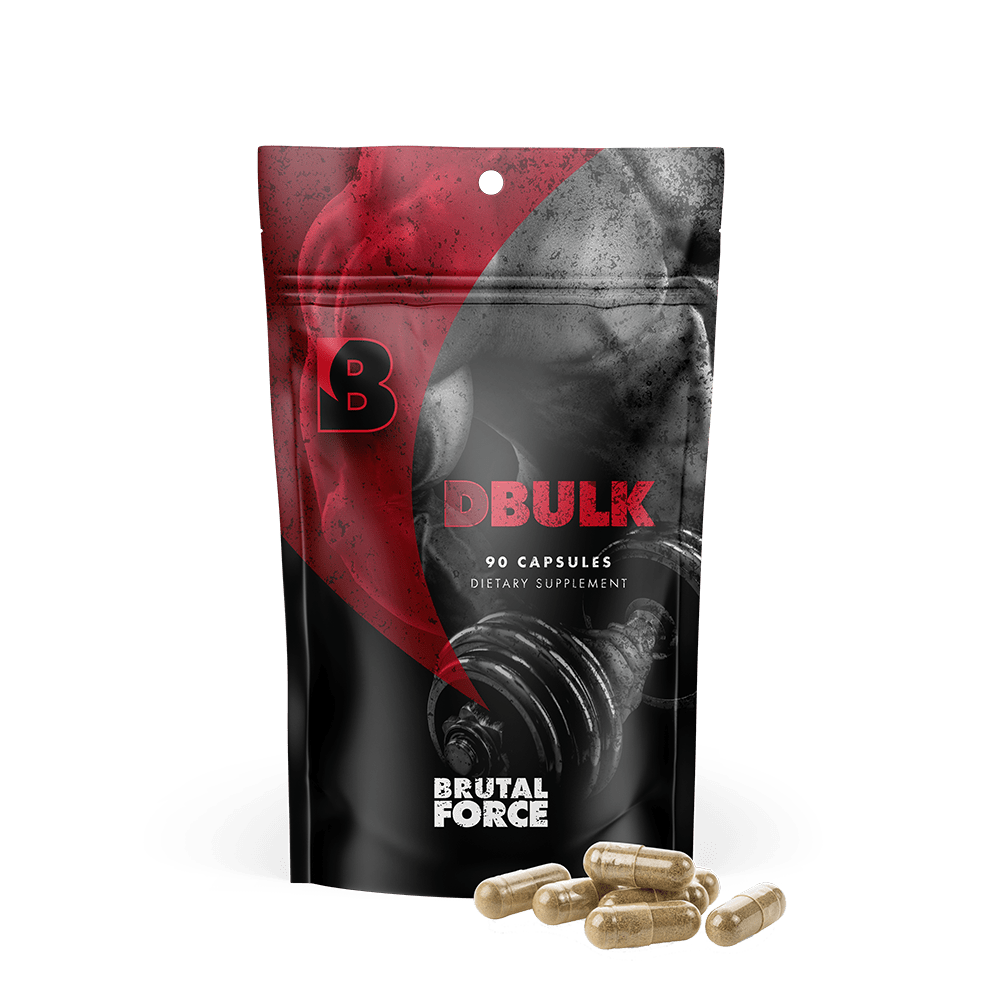When it comes to building muscle, one of the most critical factors to consider is your protein intake. Protein serves as the building block for muscle tissue and plays a central role in the process of muscle growth and repair. In this article, we’ll explore the significance of protein in muscle development and provide guidelines for optimizing your protein intake to achieve optimal muscle growth.
The Role of Protein in Muscle Growth
Proteins are composed of amino acids, which are essential for various bodily functions, including muscle repair and growth. When you engage in resistance training or other forms of intense exercise, you create microscopic damage in your muscle fibers. Consuming an adequate amount of protein provides the amino acids needed for your body to repair these micro-tears, resulting in muscle growth and increased strength.
How Much Protein Do You Need?
The ideal amount of protein varies based on individual factors such as age, gender, activity level, and fitness goals. For those aiming to maximize muscle growth, a general guideline is to consume 1.2 to 2.0 grams of protein per kilogram of body weight per day. This range provides the amino acids necessary to support muscle recovery and growth without overloading your body.
Timing Your Protein Intake
While the total amount of protein consumed over the course of a day is essential, timing also plays a role in optimizing muscle growth. Consider distributing your protein intake throughout the day, with a particular emphasis on the following periods:
Pre-Workout:
Consuming protein before your workout can provide amino acids for muscle repair and growth during your training session. Aim for a protein-rich meal or snack about 1-2 hours before exercising.
Post-Workout:
The post-workout period is a crucial window for protein consumption. Consuming protein within 30 minutes to 2 hours after your workout can enhance muscle recovery and protein synthesis. Consider a protein shake containing fast-digesting protein sources like whey.
Before Bed:
Consuming a source of protein before bed helps prevent muscle breakdown during the night. Opt for slow-digesting protein sources like casein, which provides a steady supply of amino acids over several hours.

Choosing High-Quality Protein Sources
Not all protein sources are created equal. Complete proteins contain all essential amino acids and are particularly beneficial for muscle growth. Prioritize sources such as:
- Lean meats: Chicken, turkey, lean beef
- Fish: Salmon, tuna, cod
- Dairy products: Greek yogurt, cottage cheese
- Eggs: Rich in essential amino acids
- Plant-based options: Tofu, tempeh, quinoa, legumes, lentils
Incorporating Protein into Your Diet
To optimize your protein intake for muscle growth, consider these practical strategies:
Balanced Meals:
Include a source of protein in each meal to support sustained muscle repair and growth.
Snacks:
Choose protein-rich snacks like Greek yogurt, nuts, and protein bars to meet your daily protein goals.
Protein Supplements:
In cases where meeting protein needs through whole foods is challenging, protein supplements like whey, casein, and plant-based protein powders can be convenient options.
Tracking Your Protein Intake
To ensure you’re meeting your protein needs consistently, consider tracking your daily intake. Numerous apps and online tools can help you monitor your protein intake and adjust your diet accordingly.
Individual Considerations
While protein is essential for muscle growth, it’s important to note that individual needs may vary. Factors such as metabolism, training intensity, and recovery time all influence your protein requirements. Listening to your body and making adjustments based on your progress and energy levels is key to finding the optimal protein intake for your goals.
Conclusion
Protein intake is a cornerstone of achieving optimal muscle growth. By understanding the role of protein in muscle development, determining your protein needs, timing your intake strategically, choosing high-quality sources, incorporating protein into your diet, tracking your intake, and considering individual factors, you can create a nutritional foundation that supports your muscle-building aspirations. Remember that consistency in meeting your protein goals, combined with effective training and proper recovery, will pave the way for the impressive muscle gains you strive for.

